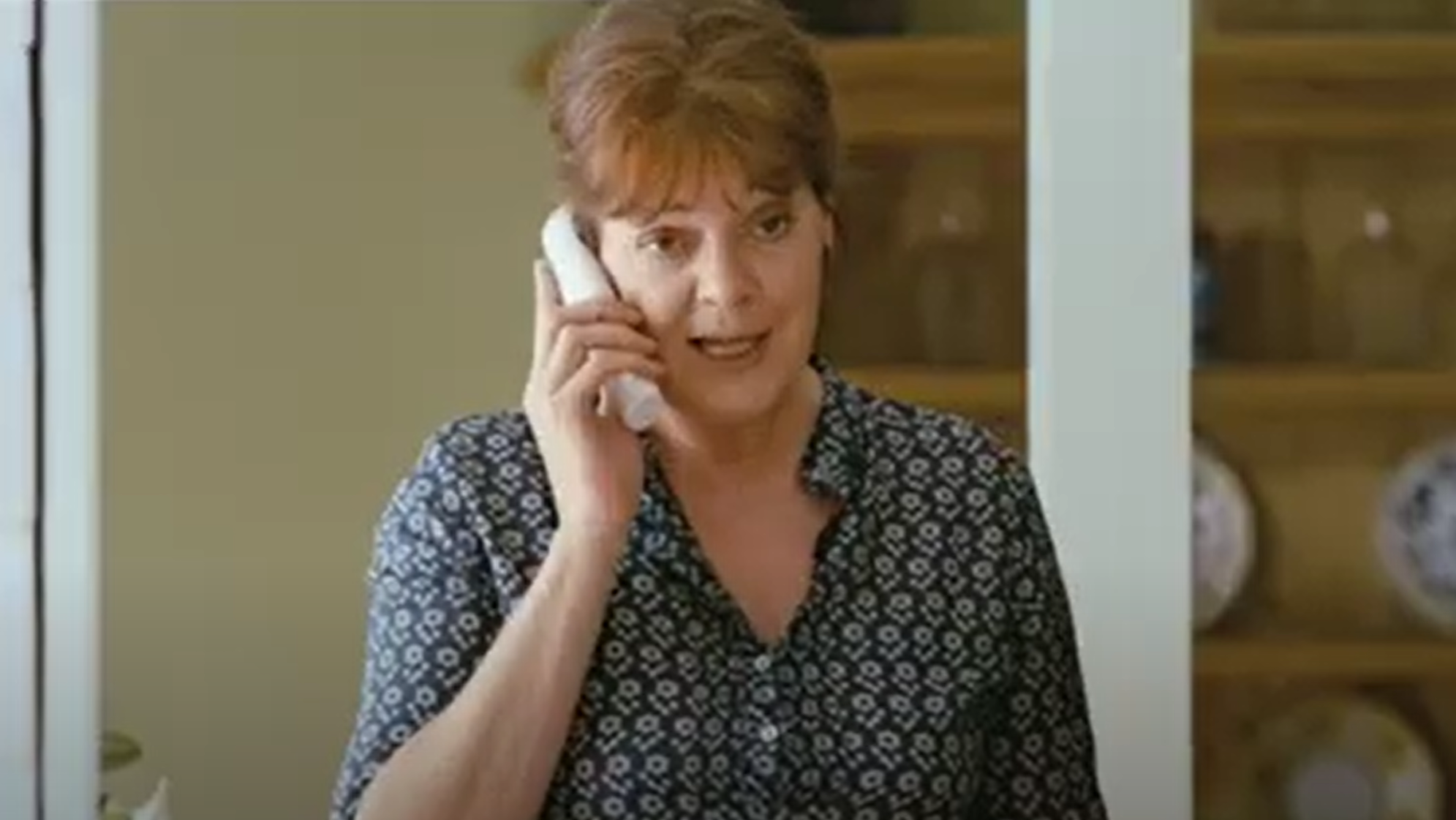These Australians are shaking their heads at your Mother’s Day campaign
Charlie Tannous, managing director of Diverse Communications, explains why many Mother’s Day ads completely miss the mark with a great portion of Australians.
When I saw it, I laughed. So I showed my mate Elias, and he laughed too. As did Joseph, who’d overheard us as he stomped around his café, collecting cups. “Give your mother a call on Mother’s Day,” said the ad, which was for a telco. “And make her feel special.”
I’m sure the telco’s marketing department meant well. And of course, there’s absolutely nothing wrong with calling your mother on Mother’s Day. It’s just that, for the three of us – and all our non-Anglo friends – it’s normal to call our mums every day.
Heck, we probably see our mums every day, or at least every other day. Many of us live next door to our mothers.
So to non-Anglos, the ad didn’t resonate. Why does that matter? Because the number of consumers outside the Anglo bubble has never been higher.

The share of Australians who were born overseas has passed 30% for the first time since 1893, following record migration in the last twelve months.
And the 2021 Census found that almost half of all Australians have a parent born overseas (48.2 per cent).
Sure, many of these are Brits and Kiwis, but a huge chunk are from China, India, Arabic nations, the Philippines, Vietnam and beyond.
Mothers are the central figure in ethnic families. The ‘mother’ is in many cases really the grandmother, who will still cook for her kids, and the grandkids too. They’ll cook for extended family and distribute it. Or call you to come and get it.
In 2021, almost 35% of new mothers in Australia were born outside Australia, according to the Australian Institute of Health and Welfare.
Anglo culture encourages independence – the ambition of parents is to train their kids to ‘stand on their own two feet’. In multicultural communities, kids are encouraged to stay at home. In Anglo culture, learning responsibility means learning to make your bed and cook your own meals.
In multicultural communities (and I’m generalising, of course) a mother would be horrified if a child made their own food. Instead, learning to take responsibility means going out to work and bringing in money for the family, paying bills for your parents. That’s what caring is. It’s not the household chores – the mother still does that. These communities are often thought of as patriarchal, but in reality they’re matriarchal. And that’s especially evident within the home, where the mother rules the roost.
Don’t get me wrong, Mother’s Day is a wonderful thing. From a marketing point of view, it probably does get people into shops, and spark sales.
But brands need to get smarter. The Australia they’re operating in, judging by that telco ad, is no longer the Australia they think it is.
Multicultural communications are sometimes thought of as non-English-language communications. And it’s true that 26% of Australians speak a language other than English at home. But a far more important market – an enormous market, by volume – is
the cultural lens. Second and third generation communities, who don’t necessarily speak their mother tongue at all, but who are still deeply embedded in their culture.
Brands who pay attention to this market, and show up in an authentic way, will reap huge rewards, because very few of their competitors are doing it.
The same applies to state and local-government entities, who need to engage their populations with a variety of messaging and behaviour-change campaigns. When they take the time to understand and communicate insightfully with ethnic Australia, it pays off.
Happy Mother’s Day.

